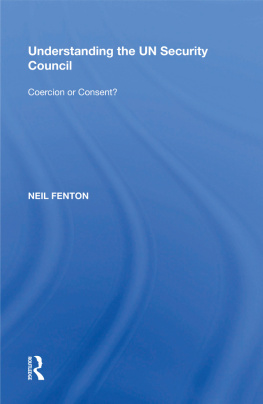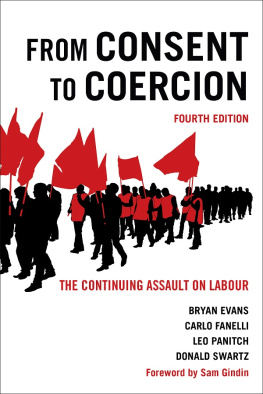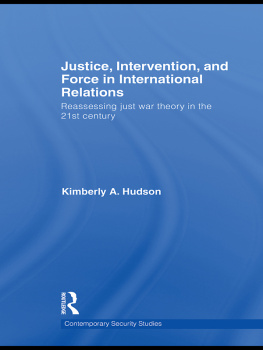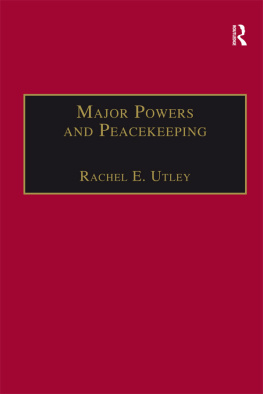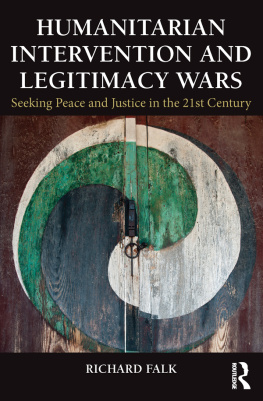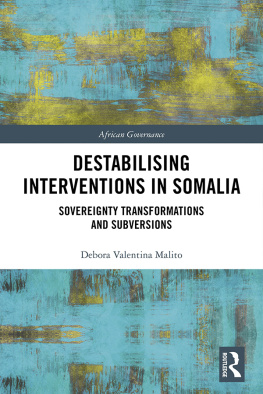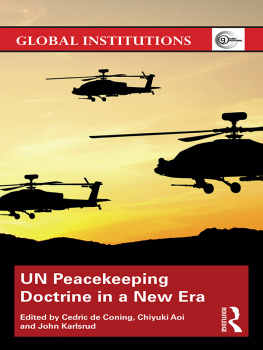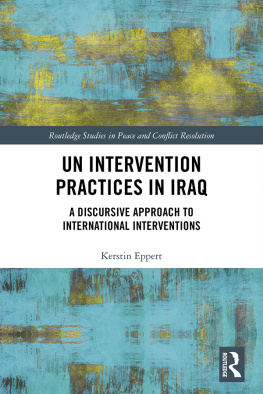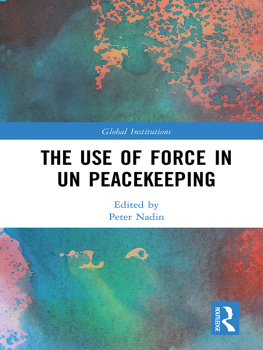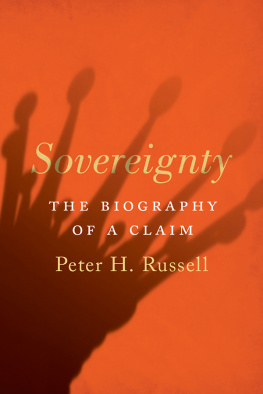Dedicated to the memory of Captain Mbaye Diagne and his courage .
First published 2004 by Ashgate Publishing
Reissued 2018 by Routledge
2 Park Square, Milton Park, Abingdon, Oxon OX14 4RN
711 Third Avenue, New York, NY 10017, USA
Routledge is an imprint of the Taylor & Francis Group, an informa business
Neil Fenton 2004
Neil Fenton has asserted his right under the Copyright, Designs and Patents Act, 1988, to be identified as the author of this work.
All rights reserved. No part of this book may be reprinted or reproduced or utilised in any form or by any electronic, mechanical, or other means, now known or hereafter invented, including photocopying and recording, or in any information storage or retrieval system, without permission in writing from the publishers.
A Library of Congress record exists under LC control number: 2003064719
Notice:
Product or corporate names may be trademarks or registered trademarks, and are used only for identification and explanation without intent to infringe.
Publisher's Note
The publisher has gone to great lengths to ensure the quality of this reprint but points out that some imperfections in the original copies may be apparent.
Disclaimer
The publisher has made every effort to trace copyright holders and welcomes correspondence from those they have been unable to contact.
ISBN 13: 978-0-815-39873-8 (hbk)
ISBN 13: 978-1-351-14376-9 (ebk)
This book examines UN Security Council decision making with regard to the use of force and state sovereignty. It seeks to better understand how the post-Cold War optimism that invigorated the Security Council in the early 1990s has seemingly evaporated and left it fighting for relevance and credibility in the wake of the second Gulf War. Focusing on UN peacekeeping initiatives between 1991 and 1995, it examines the degree to which consent-based peacekeeping doctrine has been modified in practice in preference for enforcement methods. It also asks whether these decisions indicated an increasing humanitarian imperative at the expense of state sovereignty. It begins by analysing the debates on sovereignty, humanitarian intervention, and peacekeeping doctrine. Focus then shifts to UNSC actions in northern Iraq, Somalia, Haiti, Rwanda, and Bosnia. The aim of each case study is to understand the challenges of consent-based peacekeeping, how the UNSC members responded to them and why, and what implications their actions had for the sovereignty of the host state involved. These operations offer crucial lessons on the developing attitudes of the UNSC members towards force, sovereignty and intervention as they were forced to quickly respond to a number of international crises. These results are then compared with an analysis of Security Council decision making prior to the outbreak of the second Gulf War in order to determine the degree to which the attitudes towards force and intervention that were formulated in the early 1990s were reflected in the attitudes of the Security Council members towards the Iraqi crisis.
The development of this book was greatly assisted by the thoughtful feedback of S. Neil MacFarlane, to whom I am most grateful. I would also like to thank the Rhodes Trust and New College, Oxford for providing valuable research funding. Finally, I would like to thank my parents who lead by example and never cease to convey the excitement and benefits of learning.
The whirlwind of international crises, conflicts and tensions that have arisen in the wake of the Cold War have resulted in a dramatically fluid landscape of international politics that stands in stark contrast to the quondam predictability of the bi-polar rivalry. The lone super power is engaged in a war on terror and embroiled in an increasingly chaotic civil insurgency in Iraq. The United Nations Security Council (UNSC) appears marginalized, seemingly unable to fulfill its main role to "save succeeding generations from the scourge of war" as intended by its founding Charter. Yet a few short years ago, the UN Security Council was hailed as the focal point of international peace and security, emboldened to address the myriad conflicts that arose following the end of the Cold War and the collapse of the bi-polar order that had structured international politics since 1945.

